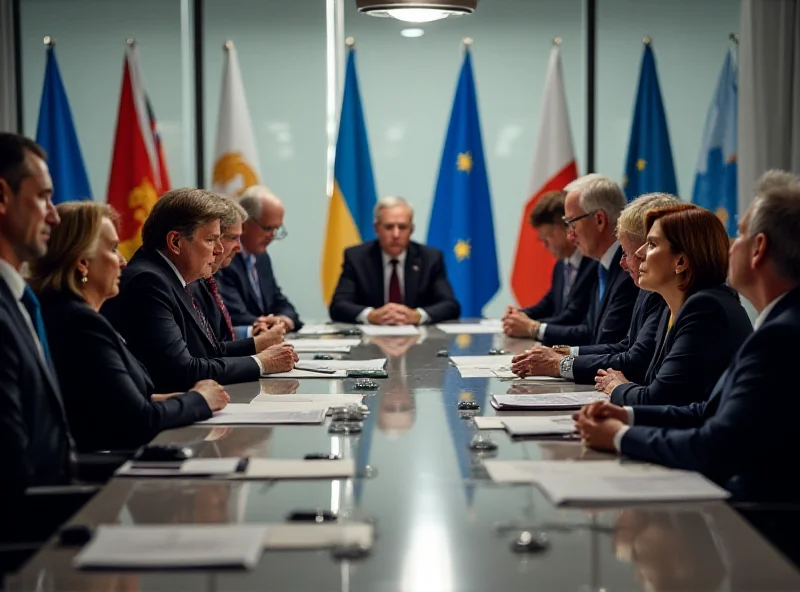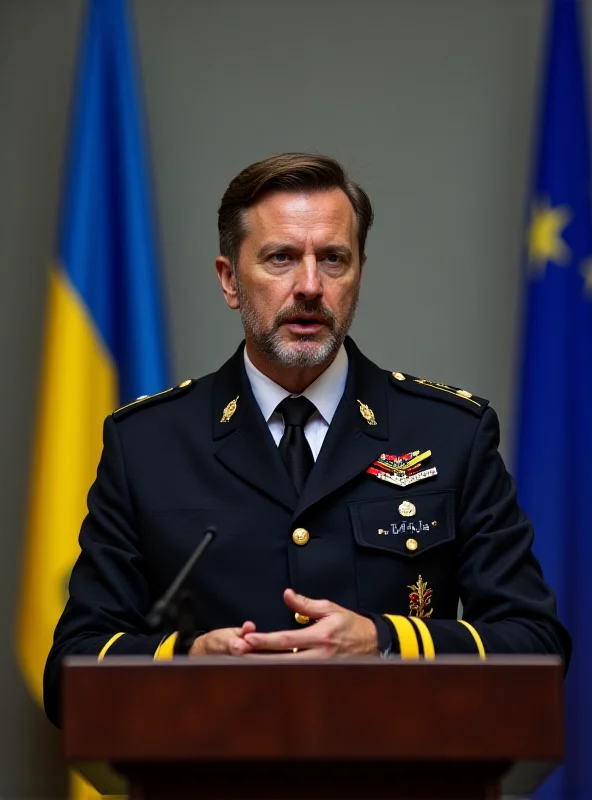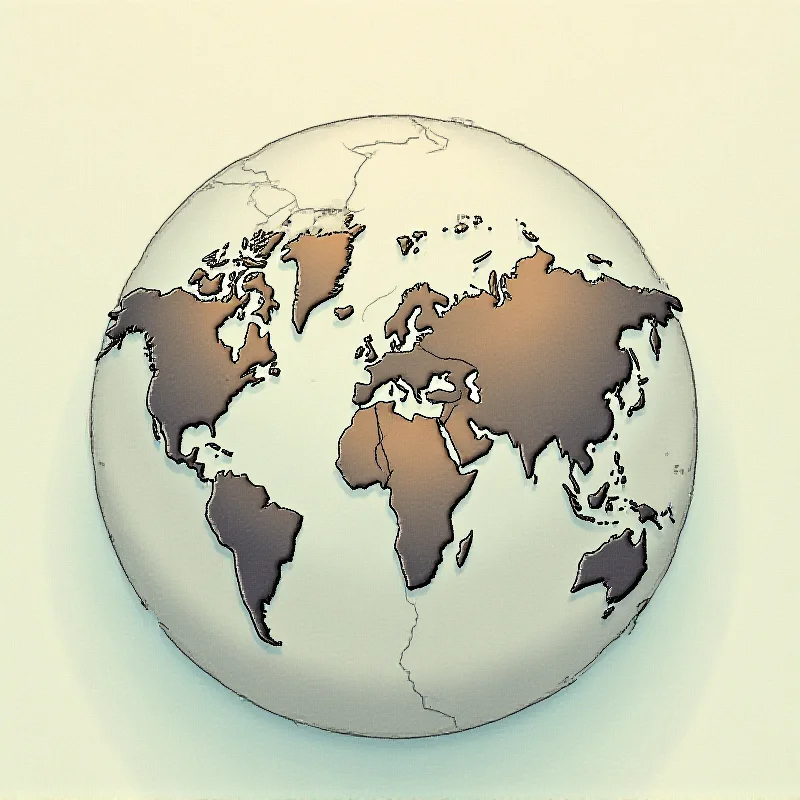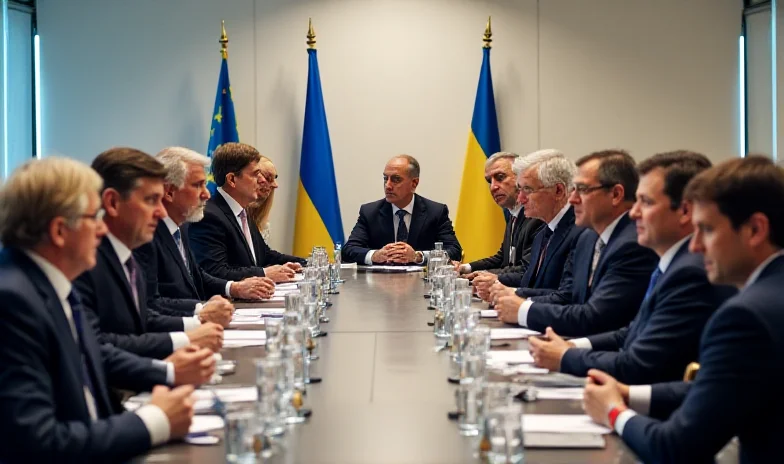As the war in Ukraine continues to dominate the international stage, European leaders are stressing the critical importance of maintaining a united front in the West. Recent discussions and summits highlight a shared commitment to achieving a just and lasting peace, while acknowledging the challenges and potential divisions that could undermine these efforts.

Meloni and Starmer: A Call for Unity
Italian Prime Minister Giorgia Meloni, in a recent meeting with British Labour leader Keir Starmer, underscored the necessity of Western solidarity. "We are all very committed to an objective that we all want to achieve, which is a just and lasting peace in Ukraine," Meloni stated. "I think it is very, very important that we avoid the risk of the West becoming divided. And I believe that in this, the United Kingdom and Italy can play an important role in building bridges."
This sentiment echoes across Europe, with leaders recognizing the need for collaboration and mutual support to navigate the complex geopolitical landscape. The potential for Italy and the United Kingdom to act as bridge-builders is seen as crucial in maintaining cohesion and fostering a unified approach to the crisis.
Europe Steps Up, with US Support
Keir Starmer has also emphasized that while Europe must take the lead in addressing the war in Ukraine, continued support from the United States is essential. This comes after a gathering of nineteen European leaders in the United Kingdom, attended by Ukrainian President Volodymyr Zelensky, shortly after a publicized exchange between Zelensky and Donald Trump at the White House.

The summit underscored the urgency of the situation and the collective responsibility of the international community to support Ukraine. The need for Europe to "do the heavy lifting" suggests a willingness to take on a more prominent role, but with the understanding that the United States remains a vital partner in these efforts.
Challenges to Unity: A Shifting Global Order
However, the path to unity is not without its obstacles. Former French President François Hollande has voiced concerns about a "profound break" in international relations, particularly with the European Union, during Donald Trump's presidency. Hollande pointed to the perceived abandonment of Ukraine and an aggressive economic and ideological stance against Europe as evidence of this shift.

These concerns highlight the potential for internal divisions within the West, as well as external pressures that could undermine the collective effort to support Ukraine and maintain a stable global order. The ability of European leaders to navigate these challenges and maintain a unified front will be crucial in shaping the future of the conflict and its broader implications.
Meanwhile, in other parts of the world, such as New Caledonia, the focus is on recovery following recent unrest. The Kanak independence insurrection in Dumbéa has left lasting scars, with businesses and infrastructure destroyed and hundreds unemployed. This serves as a reminder of the diverse challenges facing the global community and the need for stability and resilience in the face of adversity.
The commitment to a just and lasting peace in Ukraine remains a central priority, but achieving this goal requires a concerted effort from all stakeholders, both within Europe and beyond. As leaders continue to engage in dialogue and collaboration, the hope is that a united front can be maintained, and a path towards lasting peace can be forged.
